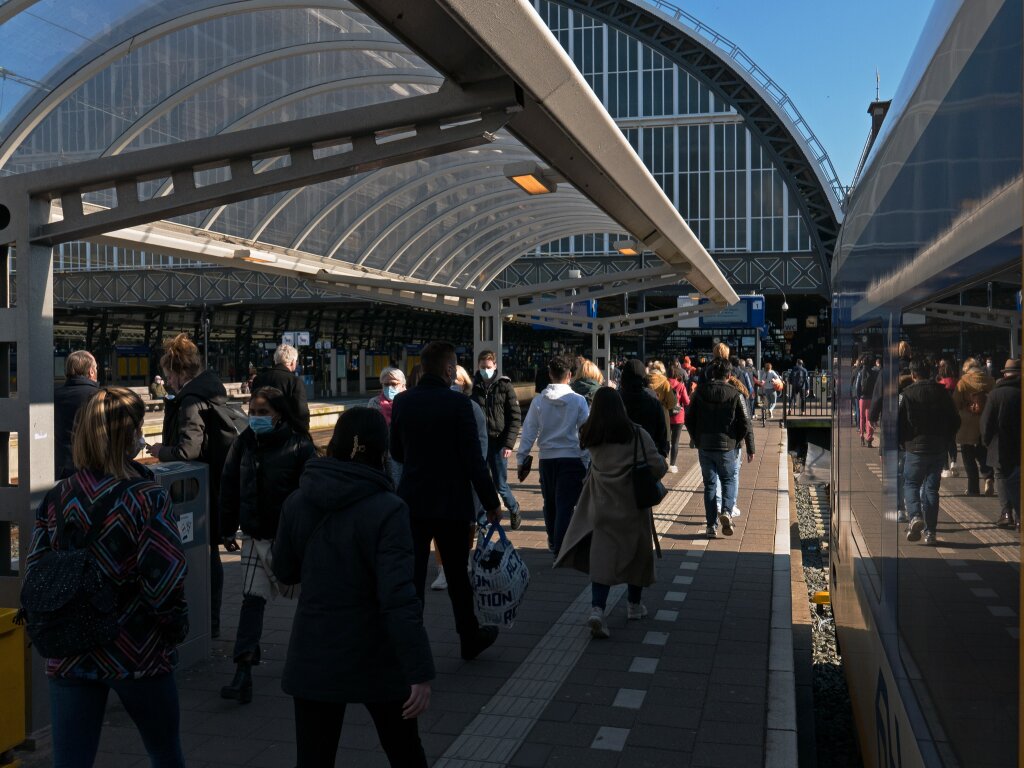By Antti Maki, Community and Learning Manager, Unions21 | 6 min
Words matter. They carry weight. They shape our thinking, frame our strategies, and determine how ideas travel across borders. But what happens when a word central to our work doesn’t translate? What if, in trying to share a powerful idea, we discover that there is simply no equivalent term that conveys what we really mean?
In the trade union world, the word organising is one such word.
It has become something of a rallying cry—particularly in English-speaking countries where the organising model has gained renewed traction. But for many of us working in multilingual, multicultural, and international contexts, we’ve discovered that organising is almost impossible to render faithfully into other languages. It slips through the cracks of grammar and context. It becomes confused with administration, logistics, or membership drives. And when the word falls short, the concept behind it becomes harder to grasp—and harder to put into practice.
This isn’t just a linguistic curiosity. It’s a strategic challenge for trade unions around the world.
A concept bigger than the term
At its core, organising is not a single activity. It’s not just about signing up members or planning events. It’s a framework—a way of seeing the union as a vehicle for worker-led power, not just a provider of services. It means shifting the centre of gravity from union headquarters to the workplace floor. It means mapping, listening, identifying leaders, building collective strength, and preparing for the long haul.
In many languages, however, there is no word that captures this whole ecosystem. Translations often imply tidying, structuring, or hosting an event. In some cases, unions adopt the English word as is, but that can make it sound foreign—like a piece of imported jargon, rather than something workers already know instinctively how to do.
Whether in Finnish, Spanish, Japanese, Arabic or Swahili, the challenge is the same: how do you explain a model of change that is so rooted in culture, strategy, and power—but lacks an intuitive word to anchor it?
It’s not just about language - it’s about identity
When we struggle to explain what we mean by organising, it’s not simply a communication issue. It’s a sign that we’re dealing with something culturally complex. The organising model—especially as it emerged in the United States, the UK, and Australia—is not just a set of tactics. It’s a worldview. One that assumes conflict, believes in bottom-up leadership, and requires unions to let go of control.
That can be a hard sell in systems where unions have traditionally been structured, hierarchical, or service-oriented. In some places, unions were built in partnership with the state. In others, union culture grew around legal advocacy or industrial expertise. The shift towards organising—as empowerment, as community-building, as long-term capacity—can feel radical, even threatening.
And when the word doesn’t exist to help frame that shift, it becomes even harder to start the conversation.
Translating the idea, not the word
So what can we do?
First, we stop looking for the perfect word. It may never come. Instead, we focus on explaining what organising does—not what it’s called. We talk about building power. About strengthening workplace communities. About enabling members to act together, not just be served individually. We build training programmes, not around jargon, but around purpose. We talk about what it means to be an organised workplace, and what changes when members take the lead.
This is how we approach things at Unions 21. For us, organising isn’t a tactic—it’s a pillar of union capacity. When we talk about building modern unions, we’re talking about four interconnected pillars: membership, activism, engagement, and collective wins. Organising lives in all of these. It’s what connects the dots. It’s how we move from representing workers to developing workers who represent themselves and others.
Building capacity means more than having good services or growing the membership list. It means creating sustainable structures, nurturing leadership, and embedding a culture of action and solidarity into everything a union does—from the local branch to the national level, from face-to-face meetings to digital campaigns.
A global challenge, a shared learning journey
The tension between concept and language is something we’ve seen echoed across many international projects. Whether in pan-European organising efforts or global training exchanges, we often start with translation difficulties—but quickly realise they are standing in for something deeper: differing understandings of what the union is.
Is it a service organisation? A political actor? A negotiator? A community?
In reality, it can be all of those things—but only when organising becomes a shared lens. Not an English word. Not a foreign idea. But a way of working that centres workers and their collective agency.
As unions across the globe face common challenges—precarious work, digitalisation, climate disruption, anti-union legislation—we need a shared organising language. Not just linguistically, but philosophically. One that affirms our commitment to building power together, wherever we are.
More than a word
If you’ve ever struggled to explain what organising really means in your own language, you’re not alone. If you’ve ever felt that your colleagues or members saw it as “just more work”, that’s normal too. This shift is never easy. It demands time, patience, and sometimes a total reimagining of what union work looks like.
But don’t be discouraged. The fact that organising resists simple translation is, in some ways, a sign of its power. It reminds us that we are not dealing with a trend, or a checklist, or a technical term. We’re dealing with a deep cultural and strategic shift.
One conversation at a time, one set of training at a time, we can build new shared understandings. We can co-create the meaning of organising in our own contexts. And as we do, we make the movement stronger, more rooted, and more relevant.
Because in the end, organising isn’t about the word. It’s about the work. The listening, the mapping, the conversations. The wins we build together.
So let’s keep going—whatever we call it.



